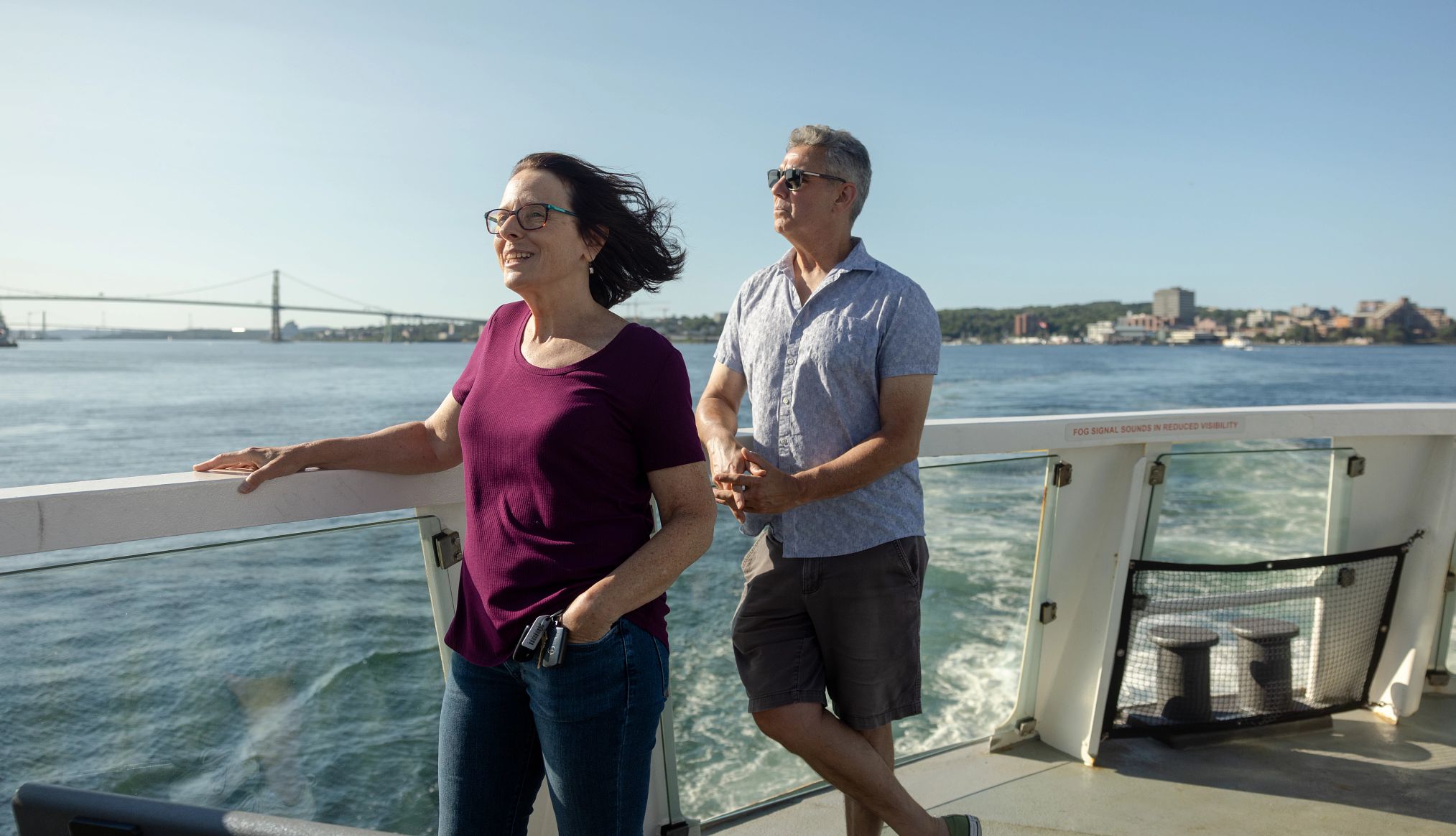Play all audios:
FINDING A SLOWER, QUIETER PLACE The U.S. adventures were terrific. But during our quests north of the border, we found ourselves falling in love. The Canadians we met were friendly and
helpful but also realists who won’t bathe you in warmth. (Some of us appreciate respect for boundaries.) But it was the stunning landscapes on both coasts that caught our imagination. Long
hikes and kayaking trips beckoned. Other selling points — the relative lack of blight, a common language (outside of francophone Quebec, of course) and the fact that people, including those
in government, have agreed to take care of one another — hooked us on the place. As we pondered picking up stakes four years ago, we thought the swagger and hipness of Vancouver, not to
mention its warmer Mediterranean climate, would suit us best. With our adult son and daughter living in Baltimore and Hawaii, respectively, the City of Glass would allow us to split a
considerable distance. But a three-year delay during the pandemic, coupled with our edging closer to retirement and the tough financial choices that come with it, forced us to reconsider how
long we could afford to live in what a recent Chapman University study deemed the third most expensive city in the English-speaking world. LANDING IN THE EAST Instead, we ended up on the
other side of Canada in Dartmouth, a small town just northeast of the more cosmopolitan Halifax. It’s a five-minute walk to the ferry, then a 10-minute ride (that costs only about $2 U.S.)
from our apartment to “the big city.” Halifax (population: 492,000) boasts more charm per capita than most places: a delightful promenade along the harbor, several colleges and museums, a
smorgasbord of excellent places to eat and drink, and a churn of people who are busy but not too busy. As in many places within the Maritime provinces (Nova Scotia, New Brunswick and Prince
Edward Island), life unfolds at a slower pace, even as worldly Halifax both blossoms and groans amid a recent population boom. Americans have a sanitized view of Canada that is not entirely
wrong. It’s safer, a little slower, relatively calm and quiet. It exudes manageability. Not the sexiest attribute in the world, but for people of a certain age, that adds up to something
resembling charm. (Save the seedy neighborhoods and edgy, exotic locales for the young, I say.) With a population of 39 million, less than an eighth of that of the U.S., Canada can seem like
something of a bedroom community, close to the center of things but far enough from the madding, rat-racing crowds to allow for some sense of peace. Even as its handful of world-class
cities hustle and bustle their way up livability indexes (and battle the same urban problems as megalopolises south of the 49th parallel), Canada remains a salve for many of the 1 million
Americans who live here. The traffic is less gridlocked, the culture less angry and divided, the pursuit of wealth and status not quite so ceaseless. Upon arrival, we felt like we could
exhale. _Phew._ Finally. NOT QUITE PARADISE The Canadian bureaucracy and the much-admired, mostly misunderstood national health care system take some of the luster off that shine.

